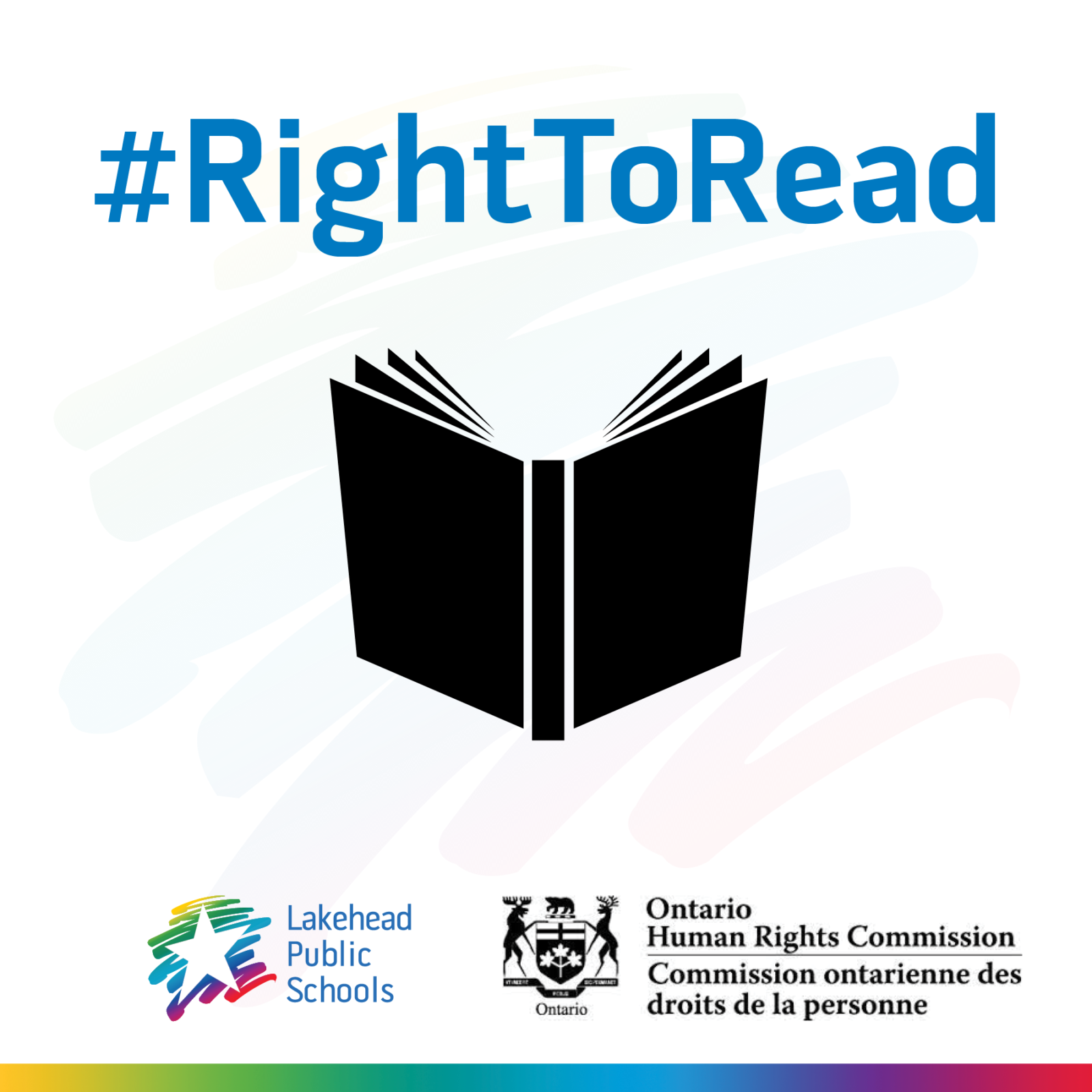Right To Read Report
To mark the one-year anniversary of the Ontario Human Rights Commission Right To Read report, we are pleased to report on our implementations of the OHRC’s recommendations.
Background
In October 2019, building on previous work on accessible education, the Ontario Human Rights Commission (OHRC) launched a public inquiry into human rights issues facing students with reading disabilities in Ontario’s public education system. The OHRC worked with two experts in reading development and reading disabilities, Dr. Linda Siegel and Dr. Jamie Metsala, to analyze significant information obtained from a representative sample of eight English-language public school boards, all 13 Ontario English-language public faculties of education, and the Ministry of Education (Ministry).
On February 28, 2022, the OHRC released the Right to Read Report, outlining the scope and methodology of the inquiry, descriptions of experiences of students and families (including those who identify as First Nations, Métis and Inuit), and a list of 157 recommendations for the Ministry of Education, School Boards, and educators.
Situation
While the Ministry of Education has yet to release a revised curriculum and other supporting documents, Lakehead Public Schools has made significant strides towards implementing important recommendations from the report, specifically in the areas of curriculum and programming, and supports for students with learning disabilities.
The progress made to date aligns with both the recommendations of the OHRC report, as well as information and indicators coming from the Ministry of Education.
Next Steps
Funds have been allocated for the purchase of student and teacher resources to support a revised, structured literacy program in the primary grades, as well as supports for older students struggling with reading. These purchases will be made in time for implementation in the 2023-2024 school year.
Funds have been allocated for the continued use of the program, Lexia. This is an evidence-based reading program used in all grade 2 and grade 2/3 classrooms as a tier 1 intervention. Lexia also continues to be used as a tier 2 intervention through the purchase of additional licenses by the special education department. This will be continued and expanded in the 2023-2024 school year.
For 2022-2023 school year, EmpowerTM Reading, a tier 3 reading intervention program, was implemented at every elementary school for those students who need interventions of increased intensity. We continue to explore tier 3 intervention program options at the secondary level for implementation in the 2023-2024 school year.
The program and special education departments are working in collaboration to research and plan for a Multi-Tiered Student Support System (MTSS), which will be completed by June of this year. The MTSS will provide schools with a tiered pyramid of intervention for students that starts at the classroom level and will include increasing levels of intervention strategies.
While we wait on the curriculum and other resources from the Ministry of Education, pilot projects focused on early screening tools and assessments will help determine program screening needs for the fall.
We know that with the implementation of the changes recommended in the Right to Read report, fewer students will need a referral for learning assessments. Until full implementation of the recommendations, we will continue to commit to the approval of early psychoeducational assessments to identify a learning disability.
Conclusion
Lakehead Public Schools has responded strongly and positively to the recommendations from the OHRC Right to Read report, focusing on training and resources in the Science of Reading. As more clear direction, resources and supports are provided by the Ministry of Education, we will establish strong programming and intervention strategies to ensure the reading success of every student.



